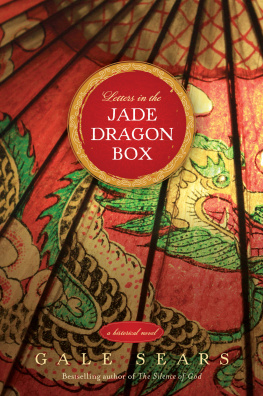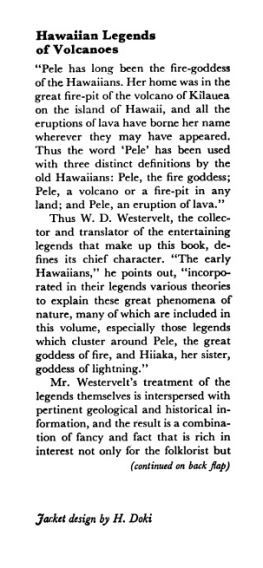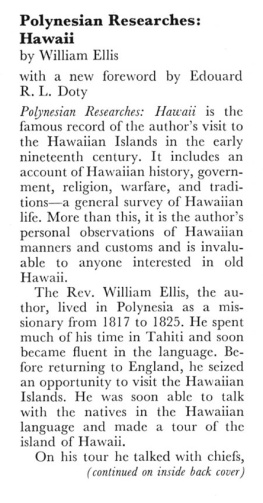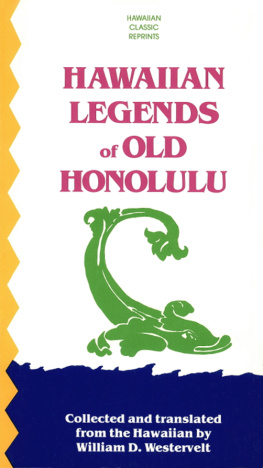2013 .
All rights reserved. No part of this book may be reproduced in any form or by any means without permission in writing from the publisher, Deseret Book Company, P.O. Box 30178, Salt Lake City Utah 84130. This work is not an official publication of The Church of Jesus Christ of Latter-day Saints. The views expressed herein are the responsibility of the author and do not necessarily represent the position of the Church or of Deseret Book. Deseret Book is a registered trademark of Deseret Book Company.
Library of Congress Cataloging-in-Publication Data
Sears, Gale, author.
Belonging to heaven / Gale Sears.
pages cm
Summary: Retelling of the story of Jonathan Napela, one of the firstand most influentialconverts to The Church of Jesus Christ of Latter-day Saints.
ISBN 978-1-60907-159-2 (hardbound : alk. paper)
1. Napela, Jonathan Hawaii, 18131879Fiction. 2. Cannon, George Q. (George Quayle), 18271901Fiction. 3. Mormon missionariesHawaiiFiction.
4. MormonsHawaiiFiction. I. Title.
PS3619.E256B45 2013
813'.6dc232012050169
Printed in the United States of America
Lake Book Manufacturing Inc, Melrose Park, IL
10 9 8 7 6 5 4 3 2 1

Dedication
To my precious daughter, Chandler
Ua hilo ai i kea ho a ke aloha.
We are braided with the cords of love.

Hawaiian Language Pronunciation
A as a in father
E as ey in they
I as ee in see
O as o in no
U as oo in too
ae and ai are frequently spoken as an i or eye
oe and oi are often pronounced as the oy in boy
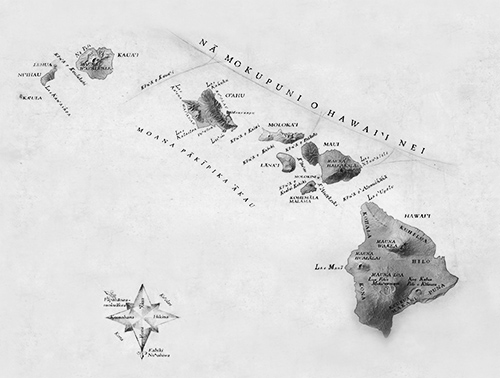
Faith
18431854
Faith
18431854
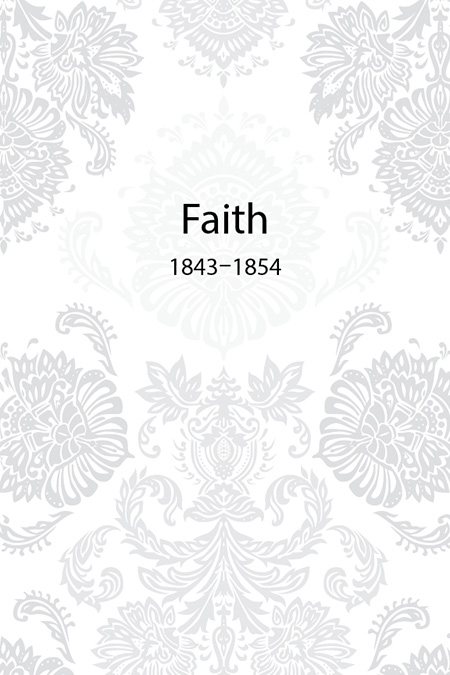

Prologue
Oloalu, Maui
August 3, 1843
The fingertips of the rising sun reached over the barren peaks of Ukumehamo, and the fisherman felt the warmth on his back. He stood on the reef, the waves gently lapping around his knees.
Hee mahola, he chanted. Eia ka leho. Here is the cowry. A red cowry to attract the octopus to his death. Eia ka koa, he laau. Here is the spear, a mere stick. He lama noka hee mahola, no ka hee-palaha. A spear of lama wood for the octopus that lies flat.
The octopus twisted languidly as it extended its tentacles along the ocean floor. Golden bits of sand swirled under its spongy body. The ocean was quiet; the warm liquid from the sun poured into the water, calling the eight-legged creature from his dark hole.
Hee mahola. Eia ka leho.
Chief Hawaii Waaole slowly let down the hook and lure. The muscles in his arms were schooled to the work. He had been taught this from his father, and his father had been taught from his father. For generations, from the great seafarers and warriors of Tahiti, the skill of the hook and the cowryof the spearof the knife, had passed into the sinew of his arms and the power of his dreams. The chiefs movements were graceful. The strength of his legs he used in running, and fighting, and standing motionless on the reef when the wind blew strong and the waves pulled. But, today the ocean was not a warrior; today the water was calm and the wind only a piping mamo bird.
Hee mahola. Eia ka leho.
The shiny brownish red and white cowry shell now lay on the soft sand. The fisherman pulled the line gently and the octopus shot toward the lure with amazing speed, wrapping its tentacles around the lure, and drawing it closer. Waaole gave an efficient snap to the line, and the hook embedded itself into the spongy flesh. The octopus thrashed as the fisherman pulled it from the shallows into the warm morning air. He laid the wriggling body on an outcropping of lava rock and stabbed it with his spear. The creature writhed for a few moments and then passed into death. Waaole squatted by the still form.
Mahalo, beautiful friend. I accept your mana, and today I will pass your strength along to my son. The fisherman stood and deposited the octopus into a gourd filled with seawater. Today my son will marry. He will marry the beautiful Catherine Keliikuaaina Richardson. Chief Waaole looked across the channel to the island of Lanai. A trading ship moved slowly northward toward the seaport of Lahaina, Maui. Not much wind today for your many sails. The chief smiled as he considered the good trades he made with the captains on the ships of merchandise. The whaling ships he left alone.
Waaole watched the ship slide away around the curve of the shoreline and thought of his ancient ancestors traveling the deep oceans. They came thousands of miles in their double-hulled canoes from the southern islands, thousands of miles from the Marquesas and Tahiti, with only the stars to guide them. The channel that ran past the island of Kahoolawe was called Kealaikahiki, pathway to Tahiti, the name passed down from generation to generation from a time before reckoning.
Chief Waaole stepped from the reef into deeper water and made his way to the shore. Much had changed in the island nation from the time his father was a young warrior for the fierce Maui chief Kahekili: British sailors under the direction of Captain James Cook had set their feet upon the lands; the islands had been united by the great Alii nui, Kamehameha I; the greedy and unruly European and American seafarers had arrived, followed by the earnest Protestant missionaries who were eager to convert the heathen natives.
Chief Waaole moved out of the water onto the rocky shore and felt the breeze cool on his wet skin. He walked to the stream, drinking deeply of the clear water. He washed, shook moisture from his long hair, and tied the kapa cloth around his waist.
Wind whistled through the leaves of the kukui trees and Chief Hawaii Waaole heard the voices of his ancestors. He smiled. Ah, yes. E pua ana kamakani. The wind rises. This day one of your people will marry. My son will come with his bride, and you will leap and dance when you see her. Keliikuaaina is the daughter of a Maui chiefess and a haole man from the Scotsland. This wahine is more lovely than a sunset over Molokai. My son will have many handsome keiki.
As he approached the village, the chief heard the laughter of children and the murmur of voices. It brought peace to his heart. His people, for the most part, were good and kind. Some had the akaoo puuwai, stingy heart, or drank too much of the English rum or American whisky. Some women had tongues that liked to run from place to place and tell unhappy stories, but mostly the people in his village were content and busy. Those who liked to be lazy soon found themselves sent up the mountainside of Haleakala to plant and dig sweet potatoes.
Today many hands were busy preparing for the arrival of the chiefs son. Five fat pigs were roasting in the underground imu, along with the aku and ahi fish, breadfruit, sweet potatoes, and bananas. The kalo root had been beaten into thick poi, and later in the day wooden platters would be filled with melon, coconut, sugarcane, and mountain apples. New pandanas mats had been woven and placed around the long low eating tables. Ti leaves and ginger flowers festooned the boards and filled the air with sweetness. Lovingly crafted maile leis were ready to adorn the new couple.


